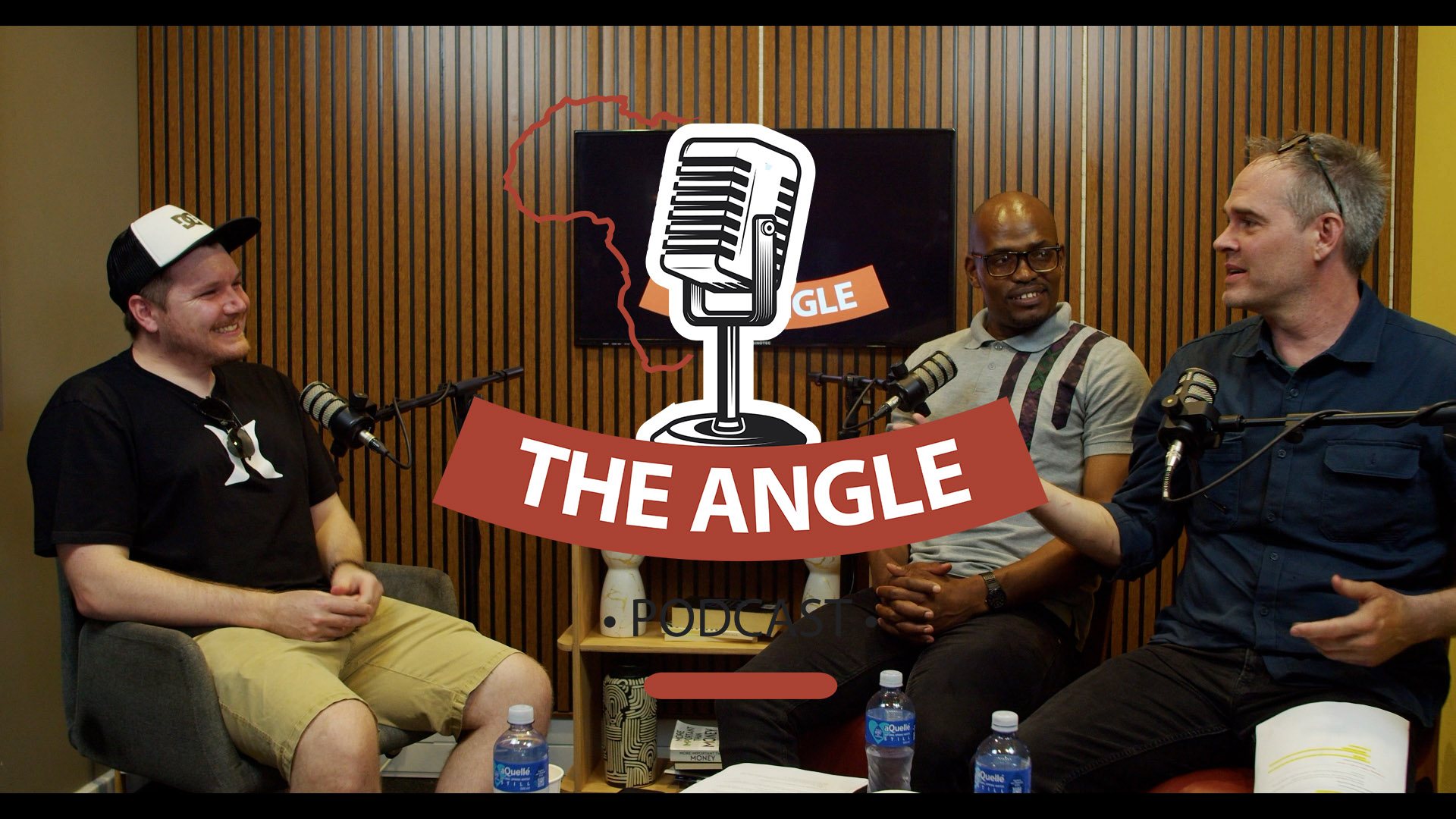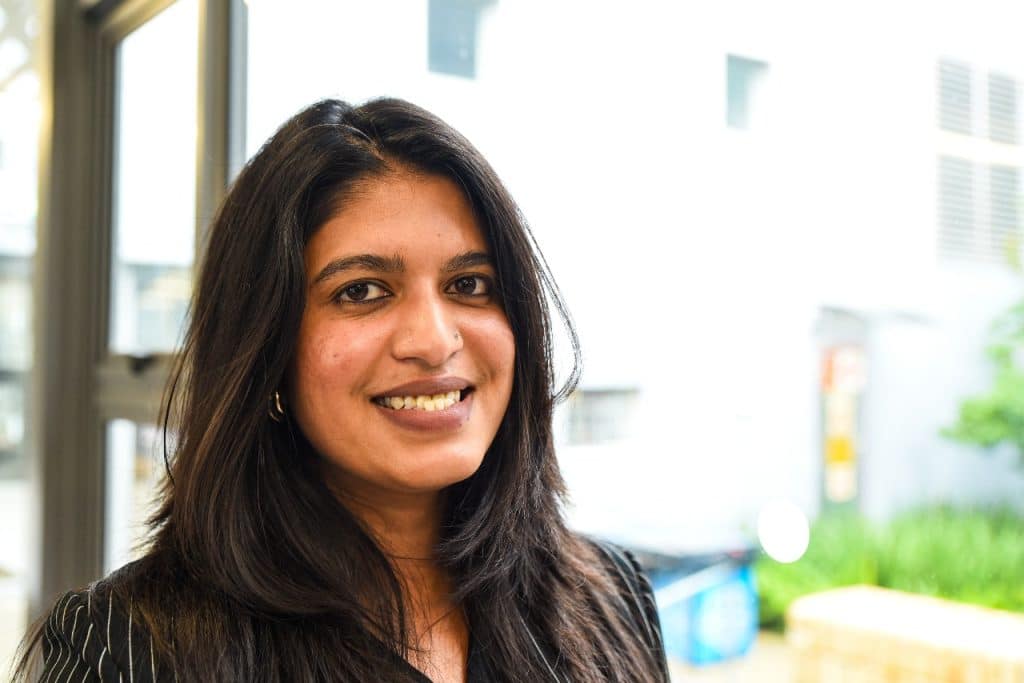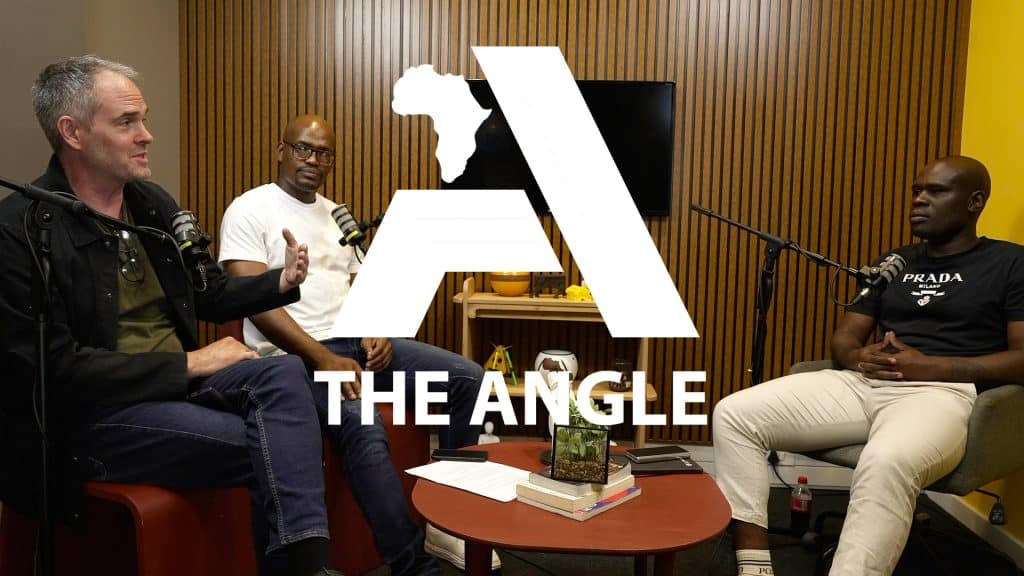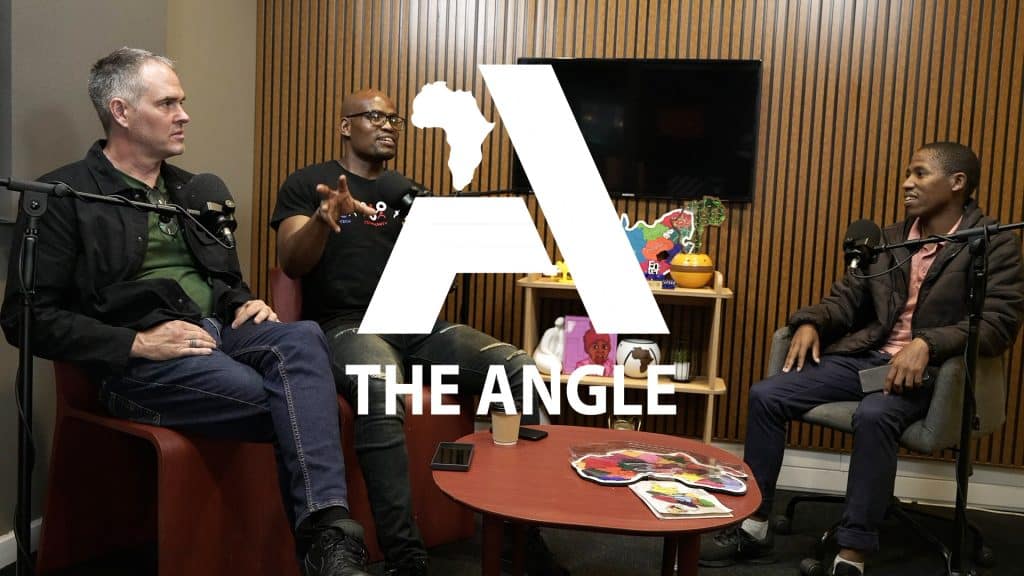In the latest episode of The Angle, we sit down with Dale Deacon, a digital artist, creative technologist, and founder of Worldbuild.io, to explore the transformative potential of XR (Extended Reality) in Africa.
Dale’s work spans immersive storytelling, VR world-building, and Web3 technologies. From moderating XR panels at festivals such as Fakugesi to spearheading community-driven initiatives like the Africa XR Report, Deacon offers a wealth of insights into this rapidly evolving field.
Bridging technology, art, and culture
Deacon’s career demonstrates how XR can bridge technology, art, and culture. Projects like Strange Ways, which premiered at the Venice International Film Festival earlier this year, exemplify how immersive storytelling can push the boundaries of creative expression. Speaking about the project, Deacon says, “The goal was to translate a 2D artist’s imagination into a fully immersive VR world, allowing users to dive deeper into a psychedelic, story-driven experience.”
Deacon emphasises the importance of community in advancing the XR ecosystem, particularly through initiatives like WeAreVRJozi, a Johannesburg-based group that fosters collaboration and knowledge-sharing among XR enthusiasts.
“We have incredible talent here in Africa—it’s just a matter of sharing their stories and giving them the platforms they need,” Deacon said.
Challenges and opportunities in XR
While XR holds immense potential for storytelling, education, and cultural preservation, Deacon acknowledged the significant challenges developers face in Africa. From the high cost of hardware to limited access to funding, these barriers often hinder progress. However, Deacon views these constraints as opportunities for innovation.
“Constraints breed creativity. We don’t have the resources of bigger markets, but we can innovate in ways that are unique to our experiences.”
One key area of promise is the intersection of XR and education. Deacon highlighted examples of African museums using immersive technologies to make cultural heritage more accessible, as well as VR projects like Eden Labs’ Get Well Pals, which prepares children for medical procedures through gamified VR experiences.
The need for ethical XR development
As XR technologies become more prevalent, Deacon stressed the importance of ethical considerations, particularly around privacy and the psychological impact of immersive experiences.
“We’ve barely scratched the surface of understanding the long-term effects of VR on users. Developers have a responsibility to address these issues now, not later,” Dale said.
He also raised concerns about violence in VR games, arguing that the level of immersion makes the experience fundamentally different from traditional gaming.
“In VR, you’re not just controlling a character—you’re embodying them. That raises serious questions about the psychological effects of violent interactions.”
Looking ahead
When asked about the future of XR in Africa, Deacon was optimistic. He highlighted the growing interest in smart glasses as a potential game-changer and emphasised the need for local creators to continue experimenting with XR technologies.
“The key is to get your hands dirty. Build something personal, not just for business. That’s how we make this technology truly our own.”
As XR continues to evolve, it’s clear that Africa’s developers and storytellers have the potential to make a huge impact in the area.





